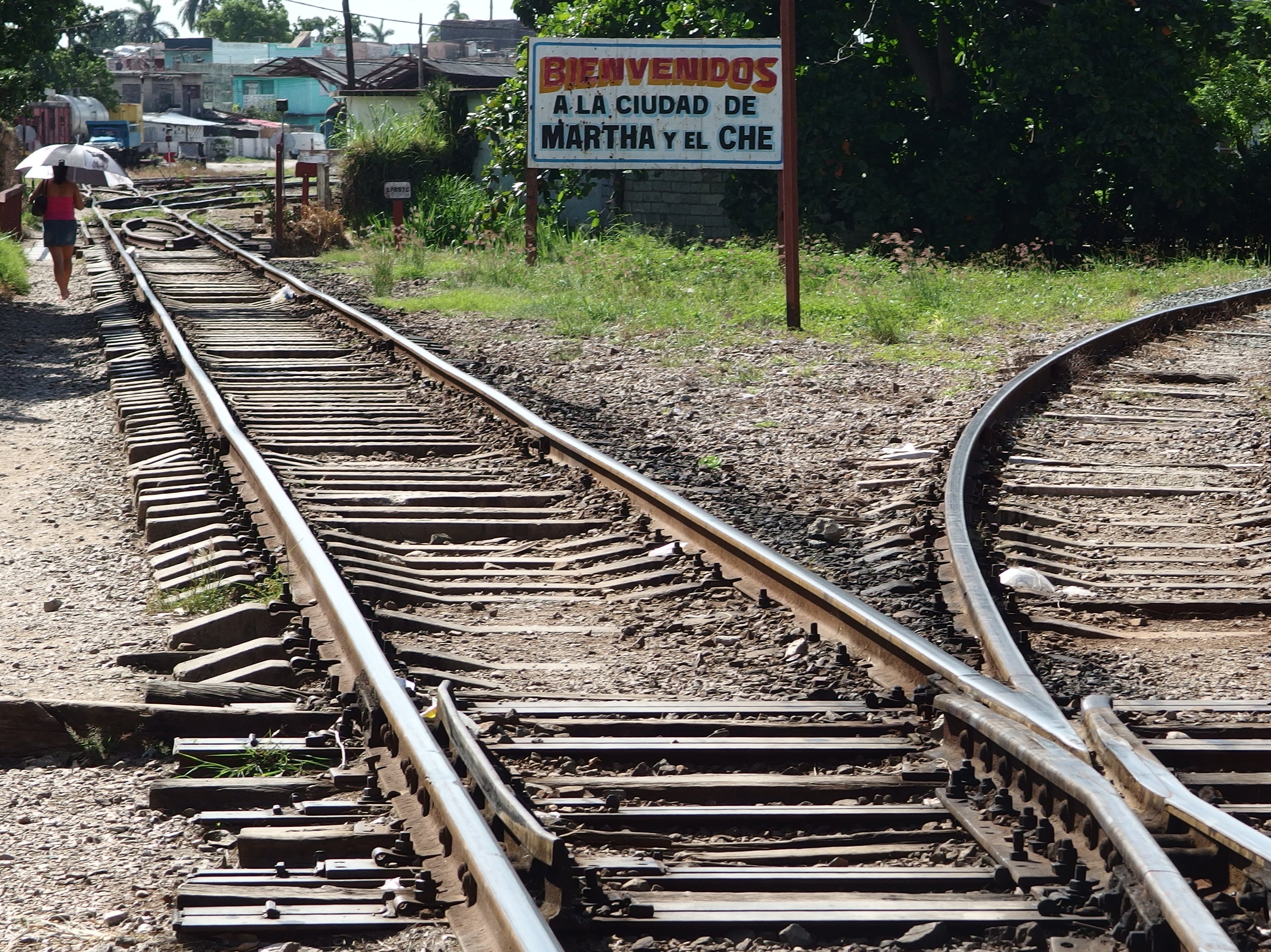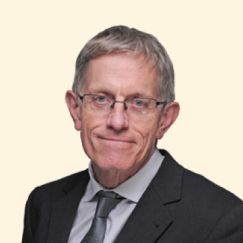Havana is a city that I imagine you know well – even if you have never been there to witness its rustic metropolitanism. The Cuban capital lives up to its stereotype. It is a beautifully dilapidated colonial city decorated in pastel shades of pastel pinks and creams, splashed with lime and maroon. Beneath a beaming Caribbean sun, the constant soundtrack comprises the rumble of 1955 Chevrolets and rumba blasting joyfully from ever-open windows.
I first arrived in the Caribbean’s largest city in January 1989 to research the first independent guidebook to Cuba.
Fidel Castro began that year basking, as he had for three decades, in the glorious revolutionary light. New Year’s Day marked 30 years since he had toppled the tyrant Fulgencio Batista and taken control of the island.
Economically, Cuba was just about managing. Despite the US economic blockade and inept collectivisation by the late Che Guevara, Moscow ensured that its ideological soulmate kept afloat. In a handsomely one-sided commodity deal, the Soviet Union sold oil to the island at well above the market rate, and bought Cuba’s sugar at inflated prices. The citizens were largely confined to the island. But they could always grab a bottle of Havana Club and head for the beach in a pre-revolutionary, gas-guzzling Detroit-built car held together with spot-welding, string and sheer willpower – rather like Cuba itself.
Yet 1989 was the year when the storm clouds began to gather over Cuba. The fall of the Berlin Wall, 35 years ago this month, started the domino effect that ended with the collapse of the USSR in 1991.

By 1994, the Cuban economy had imploded. This was the beginning of the “Special Period in Peacetime” – Fidel Castro’s term for eyewatering austerity. Many observers predicted the imminent downfall of the Communist regime. Late in 1994 the broadcaster Andy Kershaw presented a BBC Radio programme called “Castro’s Last Christmas?”
Fidel, though, had a cunning plan. “Only tourism can save Cuba,” he declared. And it did, with the president staying in power for a further 14 years.
In 1994, the first charter flights arrived from Gatwick to the eastern city of Holguin; before that, the main approach had been on the terrible old Ilyushin 62s of the…
Click Here to Read the Full Original Article at The Independent Travel…
